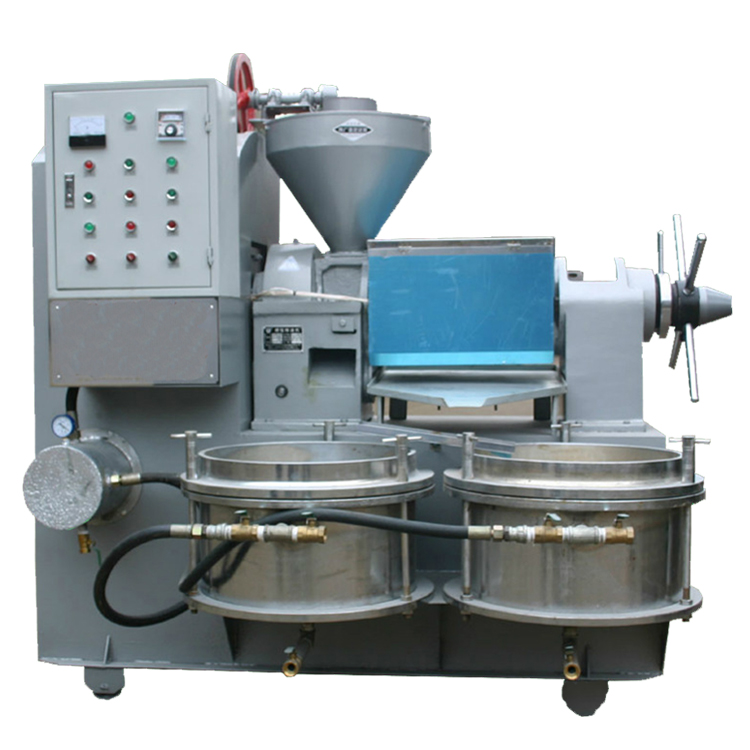Aug . 06, 2024 06:16 Back to list
Exploring the Benefits and Applications of Groundnut Oil Expellers in China's Agricultural Industry
The China Groundnut Oil Expeller A Key to Efficient Oil Production
Groundnut oil, also known as peanut oil, is one of the most commonly used cooking oils globally, particularly in Asian cuisine. In China, where agriculture plays a vital role in the economy, the demand for groundnut oil has led to innovations in the extraction process. One of the most significant advancements in this field is the groundnut oil expeller, which has transformed how oil is produced, making it more efficient and cost-effective.
Historical Context and Development
Historically, the extraction of groundnut oil in China involved traditional methods, which were labor-intensive and often resulted in low yields. However, as the agricultural sector developed and technology progressed, the introduction of oil expellers revolutionized the industry. These machines are designed to extract oil from peanuts by applying mechanical pressure, making the process faster and more efficient.
Chinese manufacturers have focused on refining the design and functionality of oil expellers to cater to both domestic and international markets. This shift has led to the production of various models, each with unique features tailored to different scales of operation, from small-scale farms to large industrial setups.
Working Mechanism of Groundnut Oil Expellers
A modern groundnut oil expeller operates through a series of processes. First, the peanuts are cleaned to remove any foreign materials. Next, they are roasted to enhance the flavor and increase oil yield. The roasted peanuts are then fed into the expeller, where they are subjected to high pressure. This pressure causes the oil to separate from the peanut cake, which remains as a byproduct.
The efficiency of the expelling process is influenced by several factors, including the temperature, moisture content of the peanuts, and the design of the expeller itself. Advanced models incorporate heating elements and temperature controls to optimize the extraction process. This results in a higher yield of oil and better quality oil, retaining more of the natural flavor and nutrients.
china groundnut oil expeller

Economic Implications
The production of groundnut oil is economically significant in China. The country is one of the largest producers of peanuts globally, and the oil extracted from these nuts is crucial for local consumption and export. The use of groundnut oil expellers has significantly reduced the cost of production by minimizing labor costs and maximizing output efficiency.
Furthermore, with an increasing global demand for healthy cooking oils, the market for groundnut oil continues to expand. Manufacturers in China are responding by enhancing their production capabilities and focusing on quality certification to meet international standards, thereby increasing their competitiveness in the global market.
Environmental Considerations
As the demand for groundnut oil increases, so does the concern for sustainable production practices. Implementing eco-friendly practices in the oil extraction process is essential to mitigate environmental impacts. Many modern expellers are designed to minimize energy consumption and waste production, aligning with global sustainability goals.
Moreover, the leftover peanut cake from the oil extraction process can be utilized as animal feed, thereby reducing waste and promoting a circular economy. This approach not only enhances the economic viability of groundnut oil production but also supports sustainable agricultural practices.
Conclusion
The groundnut oil expeller embodies a significant advancement in the agricultural sector in China. By marrying traditional practices with modern technology, it has enabled higher efficiency, reduced production costs, and supported sustainable practices. As the demand for groundnut oil continues to rise, the role of oil expellers will be crucial in shaping the future of this vital industry, ensuring that it meets both domestic needs and international standards. With ongoing innovations and a focus on sustainability, the groundnut oil expeller stands as a symbol of progress in China’s agricultural landscape.
-
HP 120 Cold Oil Press - Hebei Huipin Machinery|Oil Extraction&Efficiency
NewsAug.15,2025
-
HP 120 Cold Oil Press - Hebei Huipin Machinery | Automated Oil Extraction&High Efficiency
NewsAug.15,2025
-
HP 120 Model Cold Oil Press - Hebei Huipin Machinery | High-Efficiency Oil Extraction & Automated Processing
NewsAug.15,2025
-
HP 120 Cold Oil Press-Hebei Huipin Machinery|Oil Extraction, Cold Press Technology
NewsAug.15,2025
-
HP 120 Model Cold Oil Press - Hebei Huipin Machinery Co., Ltd. | High Automation, Multi-Functional Compatibility
NewsAug.15,2025
-
Efficient Black Seed Oil Expeller | High Yield Oil Press Machine
NewsAug.15,2025
